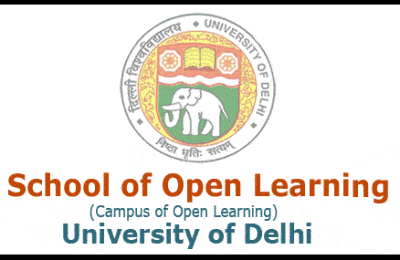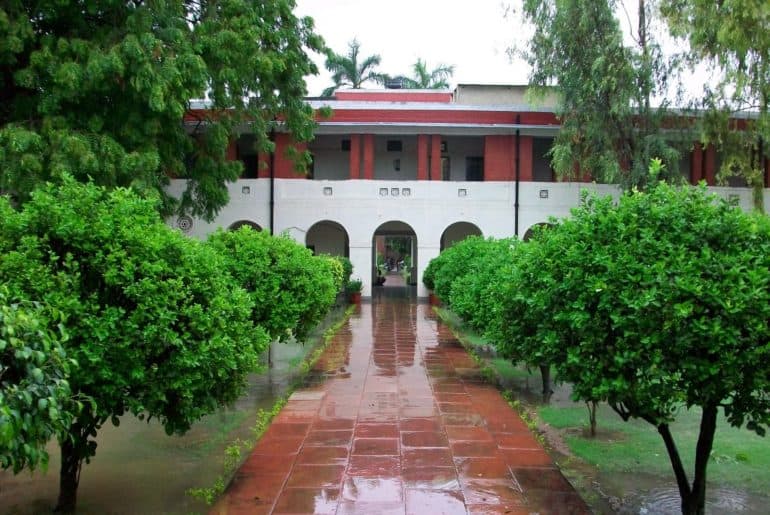As Indian universities and schools continue to suffer due to the lack of freedom of expression and the absence of student safety norms, students need to be at the forefront of the movement of change. This International Students’ Day, we, the students, should understand the significance of student activism in everyday issues.
The 17th of November is the International Students’ Day, an international observance of student activism. The date commemorates the anniversary of the 1939 Nazi attack on the University of Prague after demonstrations against the killing of Jan Opletal, the occupation of Czechoslovakia, the execution of nine student leaders, the transfer of over 1200 students to concentration camps, and the closing of all Czech universities and colleges. The day was first observed in 1941 in London by the International Students’ Council (which had many refugee members) in accord with the Allies, and the tradition has been kept up by the International Union of Students, which has been pressing with National Unions of Students in Europe and other groups to make the day an official United Nations observance.
The Athens Polytechnic uprising against the Greek military junta of 1973 came to a climax on November 17, with a violent crackdown and a tank crushing the gates of the university. The Day of the Greek Students is today among the official student holidays in Greece. The 1989 Prague demonstrations for International Students Day helped spark the Velvet Revolution in Czechoslovakia. Struggle for Freedom and Democracy Day is now marked as the official holiday in both the Czech Republic (since 2000, thanks to the efforts of the Czech Student Chamber of the Council of Higher Education Institutions) and Slovakia.
How is all of the above relevant to the present day? After Jawahar Lal University starting the nationalism debate, Rohit Vemula’s Death in Hyderabad Central University, Ramjas College stone pelting at University of Delhi, call for freedom in Banaras Hindu University, pro-azaadi slogans being raised in Jadavpur University, Ryan International School killings raising apprehensions about school safety norms, distortion of state board’s school history syllabi in Rajasthan and Maharashtra, saying ‘Vande Mataram’ for the roll call in a school in Madhya Pradesh and many more similar incidents, I have a question to ask – in the wave of polarisation, are we safe? Do we actually have the freedom to express ourselves in any manner as we want without offending the cultural notions of nationalism in our country? Or will all of us be subject to trolls and rape threats if we put forward our opinion?
Debate, dissent, and dialogue are non-negotiable in places of education. Antonio Gramsci accorded the highest value to critical thinking of students more than their employability, knowledge, and skills. Amidst the culture of commercialisation of education, are students losing their right to ask questions and to move freely in and across campuses? Enlightened students have to be the torchbearers of change and their courageous voice of dissent plays a crucial role in a healthy democracy. The big squeeze on civil society and on cultures of protest needs to be freed and we have to make sure that the state respects not only the articulation of politics of ‘vote’ but also the politics of ‘voice’.
Once in 1975, student movements in Bihar led by J.P. Narayan opposed the autocratic emergency regime and restored democracy in India. We have ample examples from India’s independence struggle to show us what aware students and citizens can achieve. To embark on the spirit of enlightenment, this International Students’ Day, all of us should take examples from the world as well as national history and believe in the power of student activism to bring a change.
Feature Image Credits: The Atlantic
Oorja Tapan










